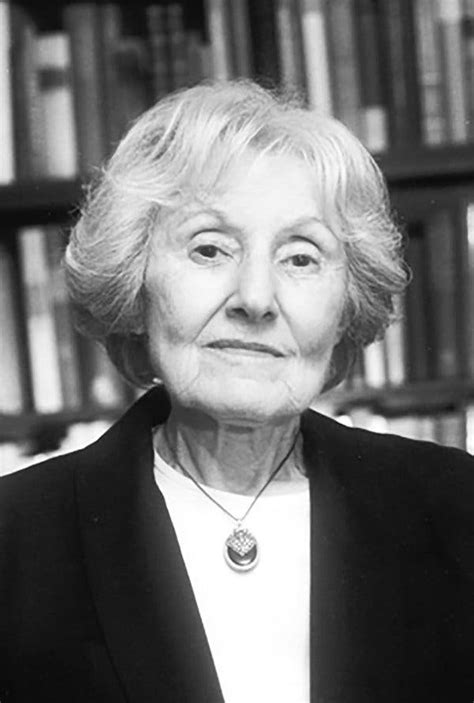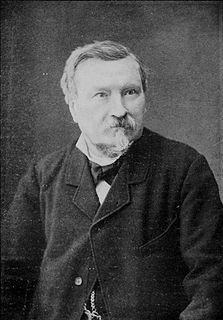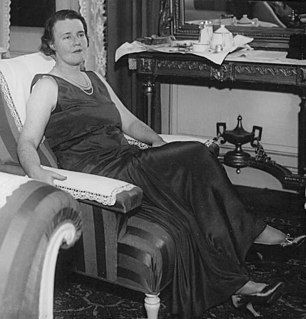A Quote by John Locke
If to break loose from the bounds of reason, and to want that restraint of examination and judgment which keeps us from choosing or doing the worst, be liberty, true liberty, madmen and fools are the only freemen: but yet, I think, nobody would choose to be mad for the sake of such liberty, but he that is mad already.
Related Quotes
As liberty of thought is absolute, so is liberty of speech, which is 'inseparable' from the liberty of thought. Liberty of speech, moreover, is essential not only for its own sake but for the sake of truth, which requires absolute liberty for the utterance of unpopular and even demonstrably false opinions.
The liberty I mean is social freedom. It is that state of things in which liberty is secured by the equality of restraint. A constitution of things in which the liberty of no one man, and no body of men, and no number of men, can find means to trespass on the liberty of any person, or any description of persons, in the society. This kind of liberty is, indeed, but another name for justice.
The good citizen will demand liberty for himself, and as a matter of pride he will see to it that others receive the liberty which he thus claims as his own. Probably the best test of true love of liberty in any country is the way in which minorities are treated in that country. Not only should there be complete liberty in matters of religion and opinion, but complete liberty for each man to lead his life as he desires, provided only that in so doing he does not wrong his neighbor.
The issue of religious liberty is absolutely critical. America was founded on three different types of liberty: political liberty, economic liberty, and religious and civil liberty. It's remarkable that, one-by-one, these strands of liberty are coming under fierce attack from the Left. And that's particularly ironic because "liberal" derives from a word which means "liberty," the free man as opposed to the slave. This liberalism which we're saddled with today isn't a real liberalism at all, but a gangster style of politics masquerading as liberalism.
The distinguishing part of our constitution is its liberty. To preserve that liberty inviolate, is the peculiar duty and proper trust of a member of the house of commons. But the liberty, the only liberty I mean, is a liberty connected with order, and that not only exists with order and virtue, but cannot exist at all without them. It inheres in good and steady government, as in its substance and vital principle.
And what has come to prevail in democracies is the very reverse of beneficial, in those, that is, which are regarded as the most democratically run. The reason for this lies in the failure properly to define liberty. For there are two marks by which democracy is thought to be defined: "sovereignty of the majority" and "liberty." "Just" is equated with what is equal, and the decision of the majority as to what is equal is regarded as sovereign; and liberty is seen in terms of doing what one wants.
Anarchism is for liberty, and neither for nor against anything else. Anarchy is the mother of co-operation, yes, just as liberty is the mother of order; but, as a matter of definition, liberty is not order nor is Anarchism co-operation. I define Anarchism as the belief in the greatest amount of liberty compatible with equality of liberty; or, in other words, as the belief in every liberty except the liberty to invade.







































